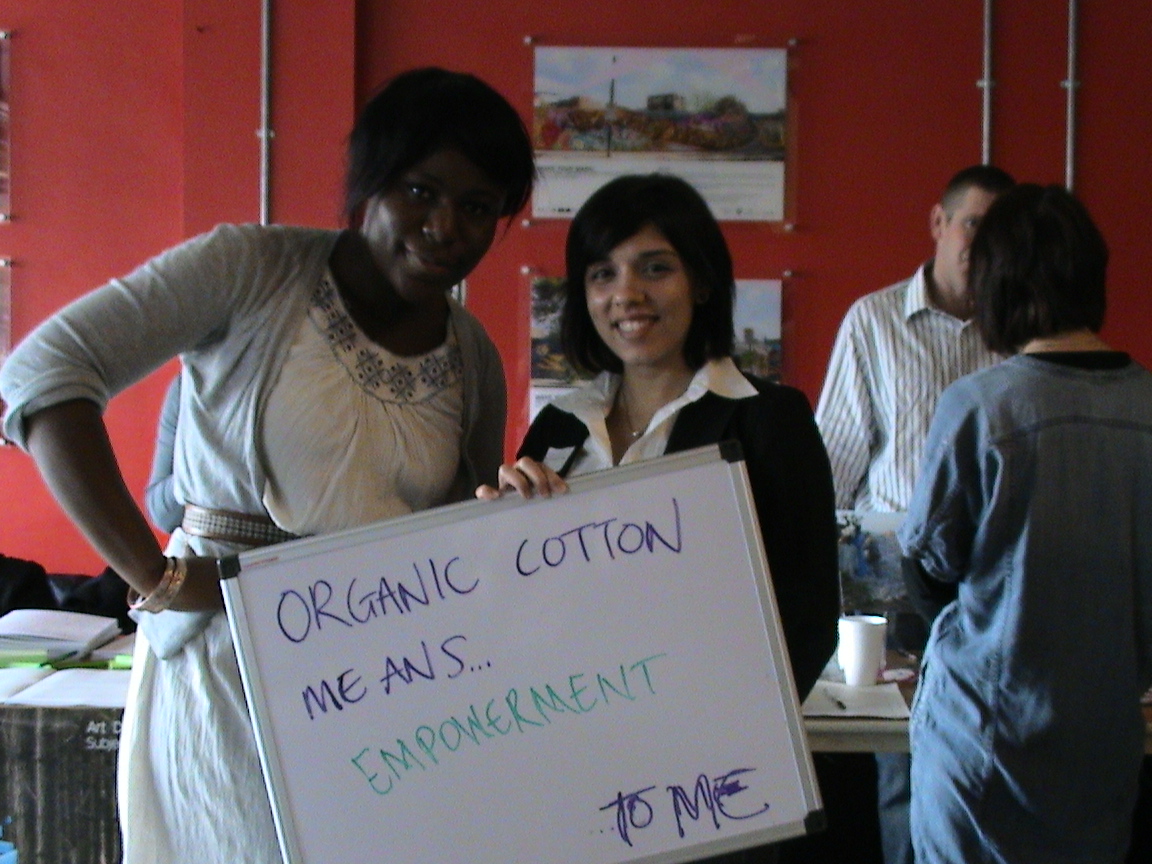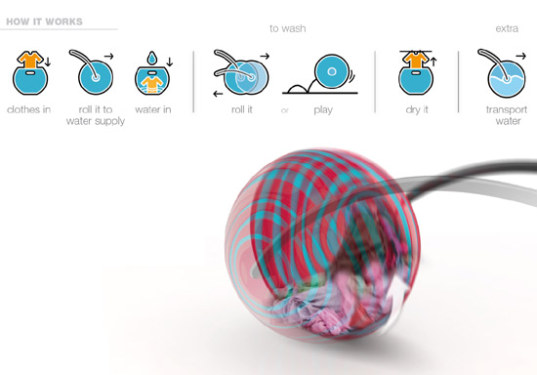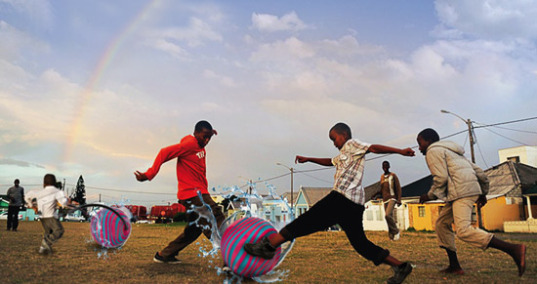To close off 2009, Clothesource released “The World of Apparel Sourcing: 2010-2012”. The report forecasts sourcing trends in over 60 countries. Here is a small summary of what the report covers:
“The World of Apparel Sourcing 2010-2012 looks at the trends that influenced apparel sourcing between 2007 and 2009 and reviews which of them are likely to change between 2010 and 2012. It then makes detailed forecasts for the net effect on apparel exports from over 60 countries in 2010, 2011 and 2012.” (Clothesource) Click here to download the Management Summary, and to purchase the report.
Recently, on their blog, Clothesource Comments, Michael Flanagan outlined “The Twelve (Probable) Laws of Apparel Sourcing from 2010 to 2012” (in twelve separate posts).
Here is just the beginning of each (probable) law of apparel sourcing, to wet your appetite and encourage you to read-up on them.
1. There are no new sourcing hotspots:
“Now as long as we’ve been commenting on garment sourcing, people have been asking us what new hotspots are emerging. For years now, we’ve been saying there aren’t any. But there’s always a “what about…?” rejoinder. So – what about [click here to read more]”
2. For most emerging-market factories, it’s China (and Vietnam a bit), not the recession:
“Total clothing imports by rich countries fell 4.2% in the third quarter of the year. But from countries outside China, imports fell 9.8%. If China, Macao and Hong Kong together had kept their share of world trade in Q3 2009 at the 42.6% they held in 2008, their clothing exports would have fallen by just 4.2% [click here to read more]”
3. Global instability is bankrupting factories – recession or no recession:
“The real impact of the recession so far, though, has been on financially weak factories.
Each twist in constantly changing energy and raw material costs, and interest and exchange rates, weakens a new group of suppliers. An epidemic of delayed and dishonoured payments in the winter of 2008/9, together with reduced and cancelled orders, tipped many businesses over. Such fluctuations will still devastate undercapitalised businesses even if sales start growing [click here to read more]”
4. What recession didn’t kill, recovery won’t cure:
“Throughout the world since mid 2008, garment factories have been reportedly closing, and workers losing their jobs, at unprecedented rates. Naturally this has been blamed on the recession [click here to read more].”
5. China just did what it had to for garment exporters to survive. It’ll probably keep doing that:
“Through the recession, China changed its laws, offered hundreds of billions in credit for exporting businesses and changed its tax rebate system – all to keep its exporting companies alive. Its government showed unmatched determination to keep its garment exporters in business. Probably, we’ll see similar determination in the future [click here to read more].”
6. Sharper Asian operations have also undermined European and Central American competitiveness:
“The biggest sufferers from China’s growth at the end of this decade have been Europe’s and America’s neighbours [click here to read more].”
7. Prices seem to be forever falling:
“Pricing is the central issue in sourcing. And it’s often misunderstood.
Wholesale clothing prices have been coming down since Western manufacturers started moving their sourcing offshore [click here to read more].”
8. “Ethical” sourcing has to be properly understood:
“Everyone wants ethically-produced clothes. But few customers are prepared to pay for them [click here to read more].”
9. An economist’s “recovery” doesn’t mean demand increases:
“Though economists keep telling us there’s a recovery going on, few retailers would agree. And, if they’re honest, few emerging-market garment makers would either [click here to read more].”
10. Protectionist barriers are falling, and few are likely to be re-erected:
“The world trade in garments is largely about rich countries importing from poorer ones. And – quite contrary to widely believed myths – those rich countries have been dropping their barriers against apparel imports consistently for the past five years. How likely is that trend to reverse? [click here to read more]”
11. Entire countries’ apparel industries are currently under threat:
“Clothing manufacturing in surprisingly many countries is threatened by proposed changes in duty-free arrangements, or by political instability. And China’s growing strength is putting growing pressure on the viability of many others’.
A large group of countries remain competitive because they enjoy preferential duty concession in rich countries that their rivals don’t. But this competitive advantage is under heat from four directions [click here to read more]”
12. In the post-post-quota world, China’s currently got the edge:
“During 2009, garment sourcing moved from the post-quota world to the post-post-quota world. And many countries that seemed to do well when quotas first came off might be far less able to survive in tomorrow’s post-post-quota world [click here to read more]”
Of particular interest to SA, is (probable) law 8. According to Clothesource, consumer apathy toward ethical concerns within the supply chain can encourage corporations to turn a blind eye to human rights violations. While understanding that consumers have a role to play isn’t breaking news, Clothesource confirms two commercial reasons corporations should get behind ethics: happy workers and the cost of public scandals. Of course, the issues are more complicated than they seem…
Be sure to follow Clothesource to make sense of it all.






 A message from
A message from 




